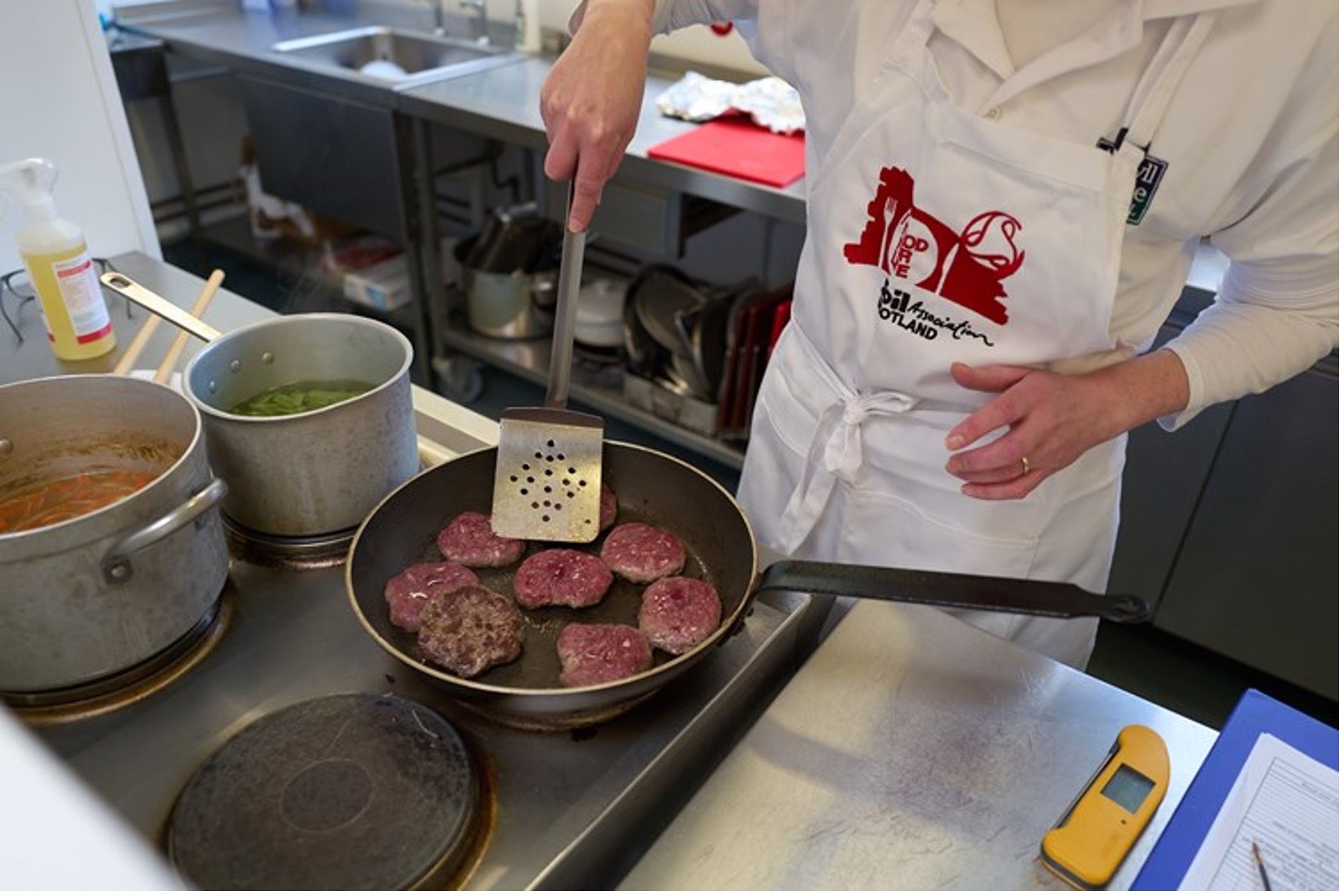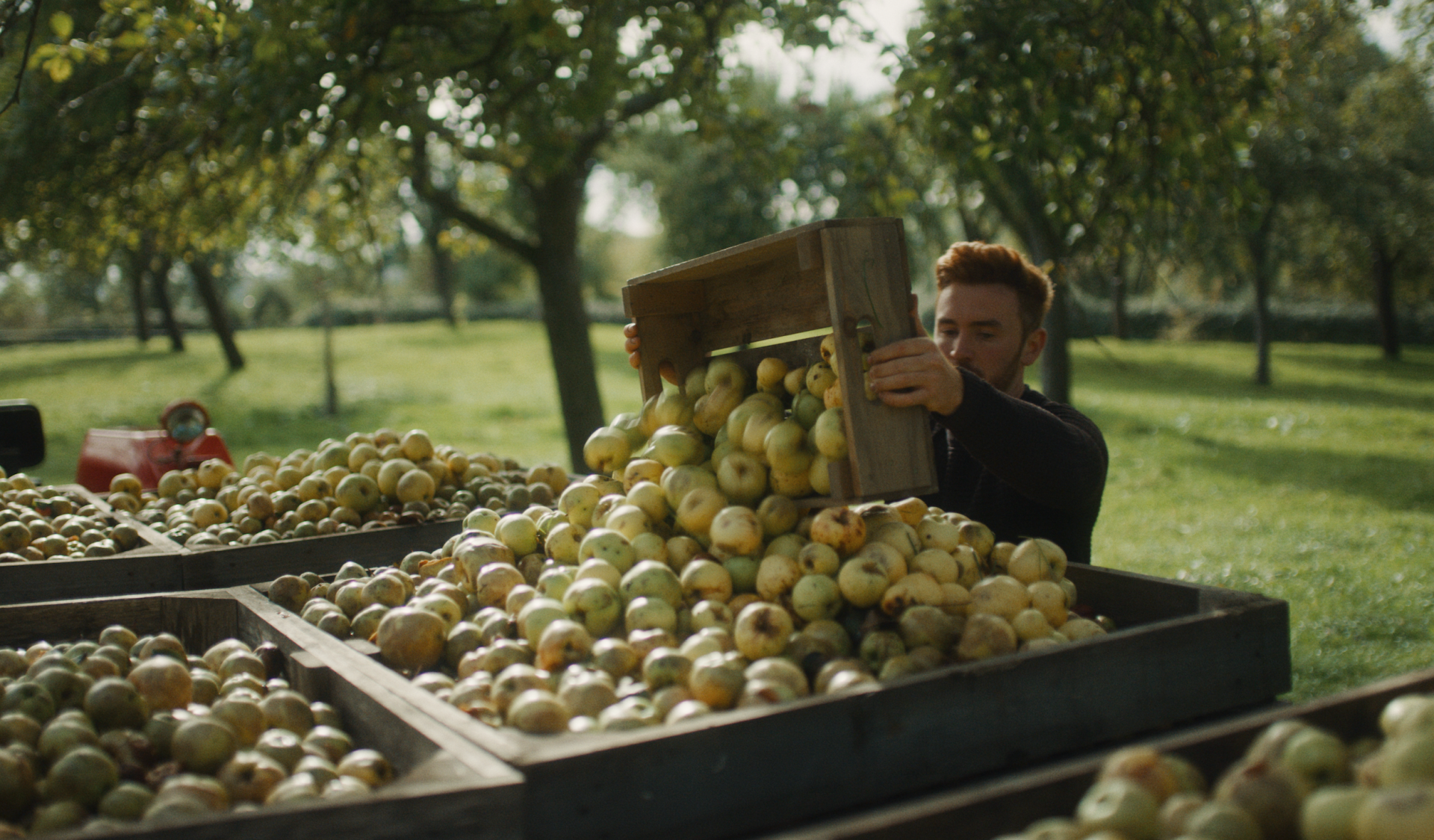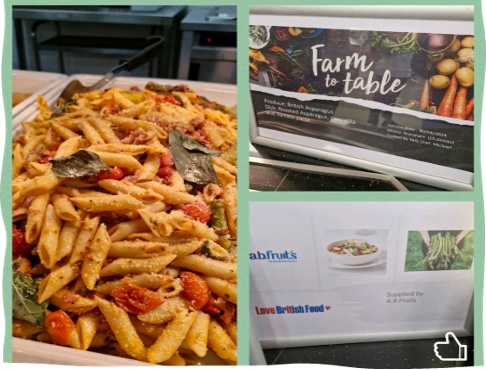James Day is an ambassador for Love British Food, founder of GrEATest BRITISH GourmetXperiences and head of the Independent Cookery Schools Association.

The evenings are getting lighter, the weather’s getting balmier and as we move out of lockdown, pub gardens from the coasts of Cornwall to the wilds of Wales have dusted off their outdoor furniture and polished up their cask ale taps, ready to serve eager crowds.
For those who are proceeding with an air of caution and staying home, gardens will likely become a hub of activity this summer - with six-person gatherings, impromptu bbqs and the relaxed delights of outdoor entertaining back on the agenda.
I can’t deny I’m looking forward to that first sip of a cold, crisp glass of wine in the gardens of my local vineyard’s restaurant, or savouring a well-made G&T on a peaceful summer’s evening - but alcohol, for me, has become an occasional treat - rather than a nightly necessity.
Dry January (and Dry February too, in my case!) seems like a very distant memory now, but for me, those 50 days of being alcohol-free were surprisingly enlightening.
It wasn’t just about giving my liver a break. Rather, the disaster that was 2020 has motivated me - like so many others - to take more responsibility for my health and be more mindful of what I’m consuming.
I wasn’t particularly looking forward to it. The first few weeks were a blur of sugar-laden soft drinks and unsatisfying alcohol-free replicas which aimed to simulate the taste of alcohol, without the effects, both of which left me feeling quite bereft.
Eventually, I started to create my own mocktails. Shunning alcohol forced me to be more creative with the ingredients in my glass, and in my quest to recreate the elusive ‘kick’ and complexity of an alcoholic drink, I discovered that all that was needed was a small measure of acidity.
The satisfying sourness of ingredients like wild sea buckthorn juice and my go-to local discovery, Willy’s organic apple cider vinegar, created just down the road in rural Herefordshire, make for a superb mocktail ‘base’. In fact, ‘drinking vinegars’ like apple cider, with the live ‘Mother’ enzyme are increasingly used as ‘cocktail shrub’ - a concentrated syrup made from fruit, sugar and vinegar to create a sweet or sour acidic mixer.
These can either be enjoyed on their own, or you can blend them with botanical tonics like cucumber or grapefruit, or seasonal fruit cordials like elderflower or and raspberry. If you want to get seriously creative, you can blend in spices and aromatics like turmeric and black pepper, or fresh garden herbs like mint, thyme, bay and rosemary.
But my health kick didn’t stop once I’d perfected the mocktail. Since learning about the importance of pickled and fermented foods for gut health - what many consider to be the source of wellbeing - I’ve incorporated Willy’s apple cider vinegar into all my cooking, adding a dash to everything from hearty stews to zingy curries. I’ve even pickled eggs with it! Delicious, by the way.
The inner wellbeing this has brought simply doesn’t compare to the short-lived perks of a nightly G&T. So if you’re looking forward to outdoor entertaining but you want to put your health first, I heartily recommend getting creative with mocktails - you’ll enjoy a moreishly robust punch, but without the guilt.
Here’s to a gut-healthy 2021 - cheers!
Share:
You may also be interested in...


















